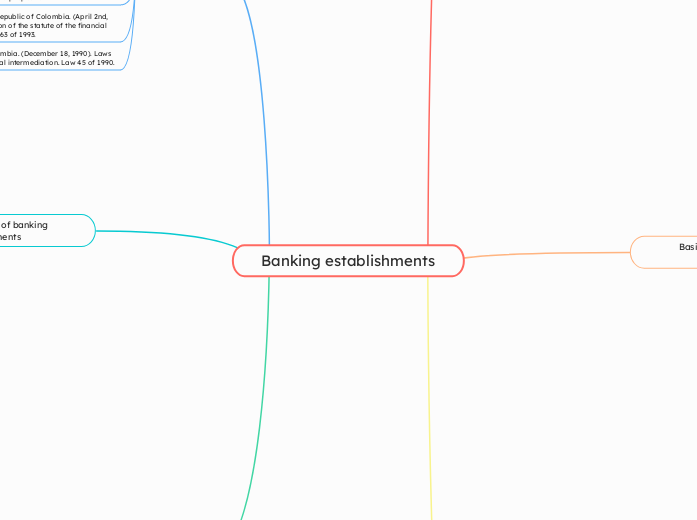av Sofía Aguirre för 1 år sedan
172
Banking establishments

av Sofía Aguirre för 1 år sedan
172

Mer av detta
It is an establishment that loans money that is guaranteed by real estate through mortgages, and payment must be covered in instalments.
It is an establishment that receives peoples funds through general deposits and uses them along with its own funds to loan it, and to buy or discount promissory notes, bills of exchange, and transfers.